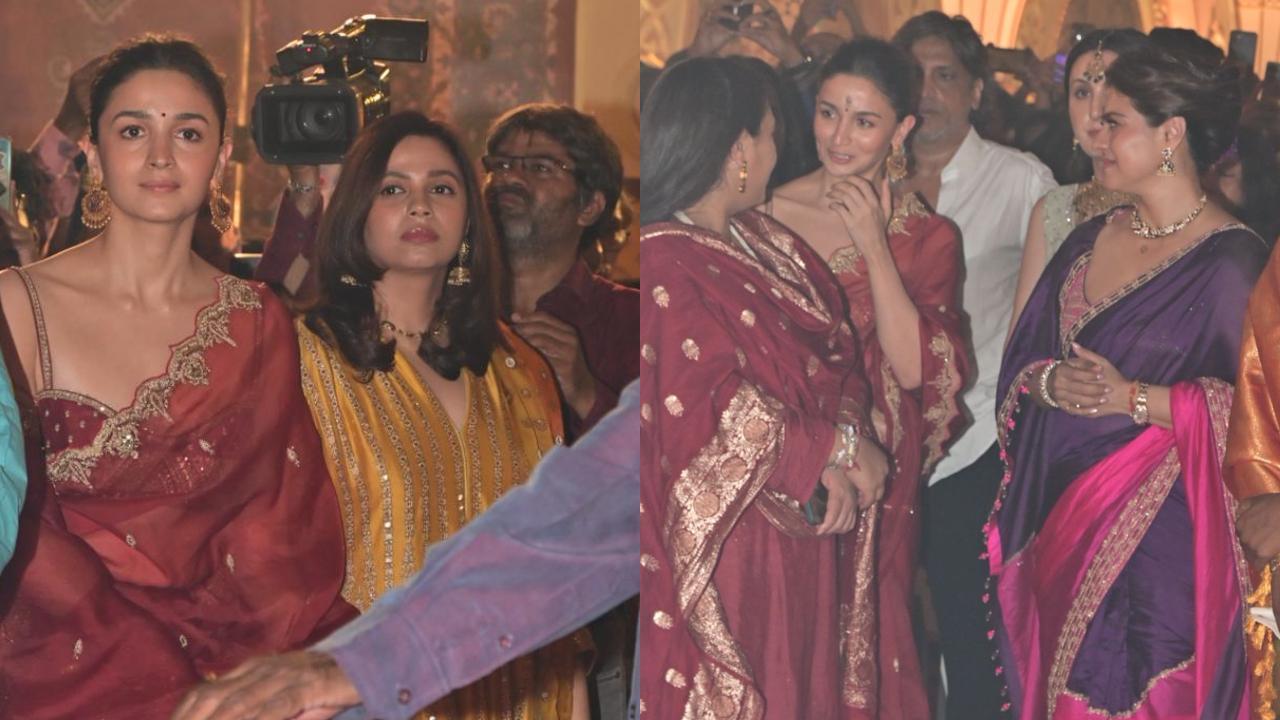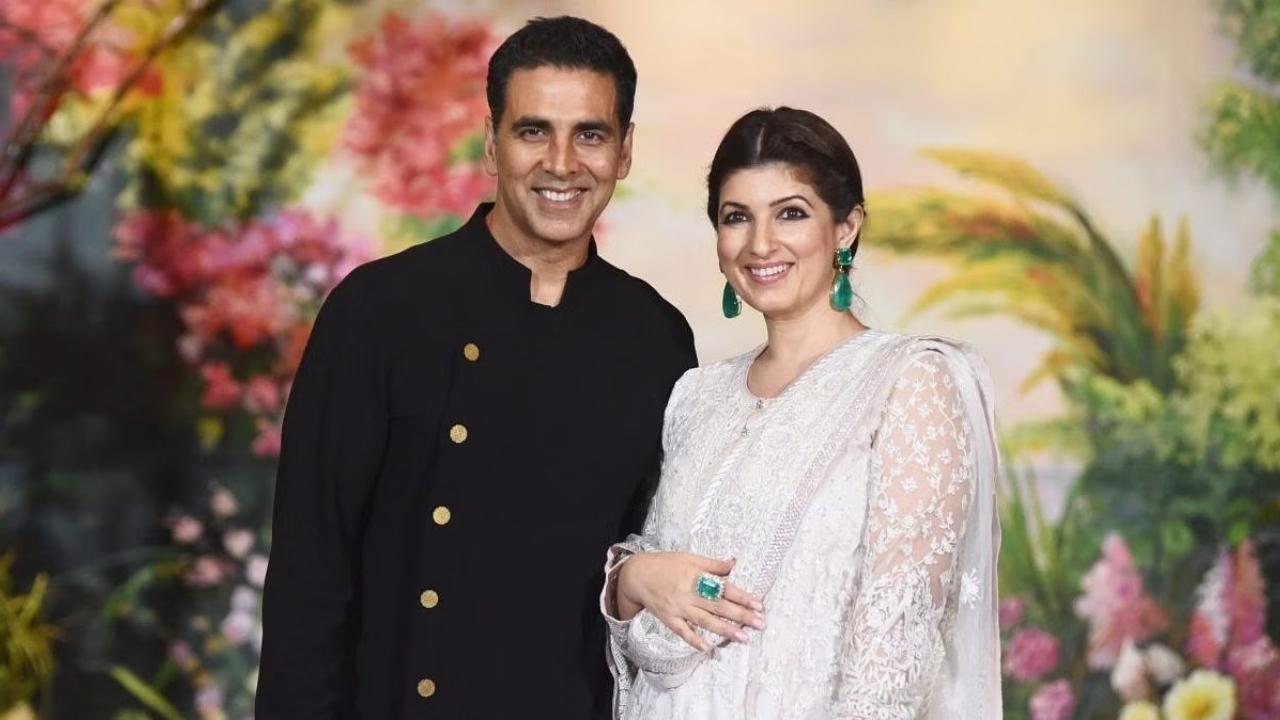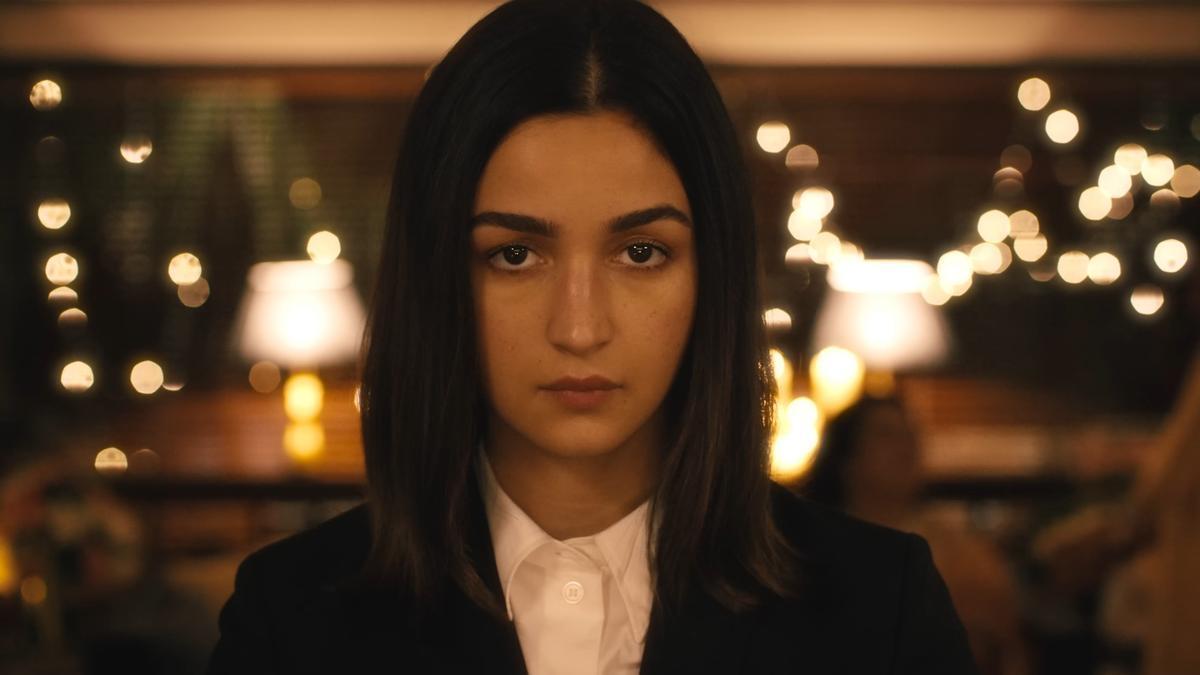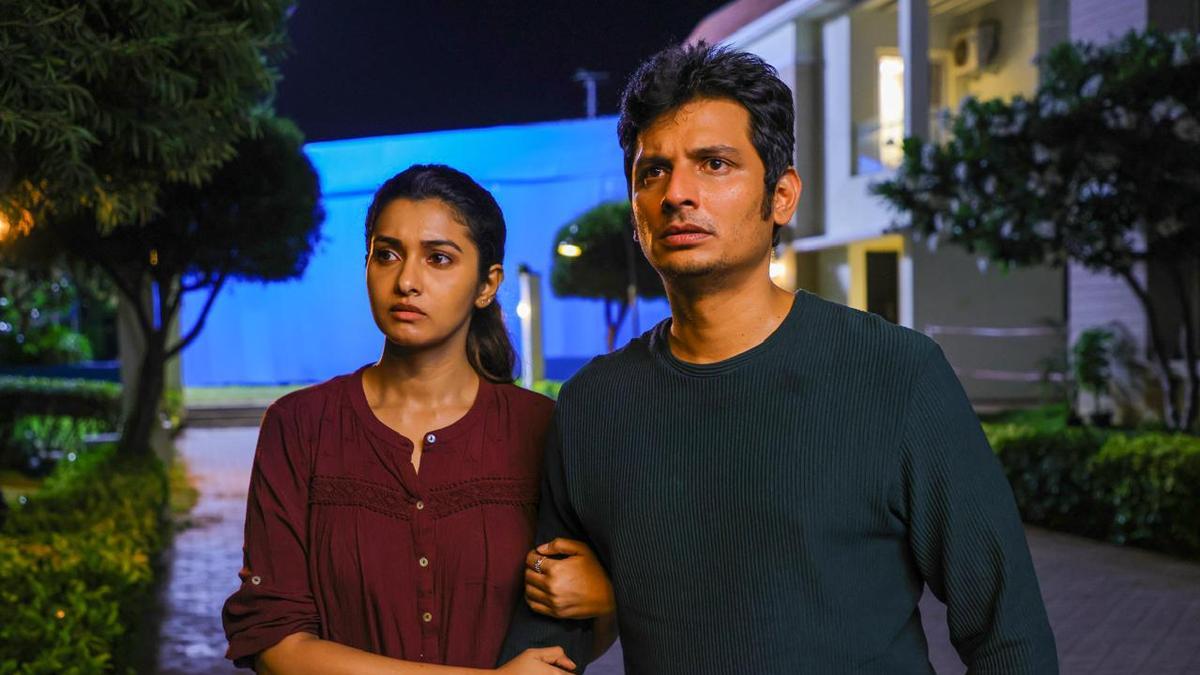
Every time a romantic movie or show resonates with audiences, there’s a surge of discussion about the resurgence of the romantic comedy or rom-com. This pattern is particularly evident with the latest hit, “Nobody Wants This.” However, it’s crucial to recognize that love stories have been a staple of cinema since its inception, evolving alongside cultural shifts yet persistent like genres such as action, westerns, horror, and sci-fi. The essence of a defining rom-com isn’t merely its comedic elements but its ability to capture the romantic spirit reminiscent of ’90s and early 2000s classics, where, for instance, Meg Ryan or Julia Roberts would enchant audiences with their heartfelt quests for love alongside an endearingly awkward Hugh Grant.
During that iconic era, films like Nora Ephron’s “You’ve Got Mail” (1998) encapsulated the zeitgeist. As the third film in Ephron’s celebrated triptych, preceded by “When Harry Met Sally…” (1989) and “Sleepless in Seattle” (1993), it showcased an era where online romances were novel and untainted by the dangers of modern internet dating. Ephron’s scripts, marked by clever dialogue and genuine emotion, earned her accolades, including a BAFTA for Best Original Screenplay.
Meanwhile, across the Atlantic, Richard Curtis emerged as a seminal figure of British romantic comedy, known for intertwining humor with heartfelt narratives. His credits include cultural milestones such as “Four Weddings and a Funeral” (1994), “Notting Hill” (1999), and the “Bridget Jones” series. Curtis’s work, including the festive anthology “Love Actually” (2003) and the time-bending tale of “About Time” (2013), explored love’s diverse manifestations. Although some themes, like those in “Love Actually,” remain contested for their portrayal of romance, Curtis’s contribution to the genre’s breadth is undeniable.
The genre’s inherent flexibility is reflected in its various sub-genres: from holiday-themed love stories like “Love Actually” to action rom-coms exemplified by “Mr. and Mrs. Smith.” These films continue to reinvent paths for romantic storytelling, proving that good writing and relatable themes can transcend genre constraints.
. Despite the Marvel Cinematic Universe’s dominance of the box office, romantic comedies still find space to flourish. This year’s release of “Anyone But You,” starring Sydney Sweeney and Glen Powell, is a testament to the ongoing appeal of the genre.
The cinematic landscape in 2024 continues to see innovations in the rom-com genre. Films like Luca Guadagnino’s “Challengers” offer new takes on romantic dynamics, featuring Zendaya in a steamy tennis triangle. Action-driven romantic narratives are found in movies like “The Fall Guy,” with Ryan Gosling and Emily Blunt, and “The Union,” starring Mark Wahlberg and Halle Berry. Even historical settings such as the “Space Race” era in “Fly Me to the Moon” have become backdrops for romance.
Moreover, superhero films aren’t exempt from blending romantic elements into their plots. The much-anticipated “Joker: Folie à Deux” sees Joaquin Phoenix’s Arthur Fleck and Lady Gaga’s Lee express their affection in chaotic musical sequences. Innovations extend into reimagining classic tales, evident in “Lisa Frankenstein” and Yorgos Lanthimos’ Oscar-winning “Poor Things,” weaving romance into fantasy narratives. Adaptations like “It Ends with Us,” featuring Blake Lively, tackle more serious themes like domestic violence, which shift more towards relationship drama than rom-com frivolity.
Streaming platforms also serve as a fertile ground for fresh romantic narratives. “Nobody Wants This” draws viewers with an unconventional love story between Adam Brody’s charismatic rabbi and Kristen Bell’s skeptical podcaster. Meanwhile, “Emily in Paris” continues its exploration of modern relationships with layered character dynamics, adding new romantic interests to enrich the narrative.
Period pieces like “My Lady Jane” and “Bridgerton” successfully integrate romance into historical settings, attracting audiences with their wit and stylish execution. Meanwhile, titles like “Baby Reindeer” and “Ripley” offer darker examinations of love’s complexities, showcasing the genre’s potential for depth and complexity. As long as cinema exists, the allure of love stories will persist. Despite the evolution from grand romances like “The English Patient” to modern, quirky rom-coms, the universal appeal of love ensures its place in the hearts of audiences and the success of films at the box office.










